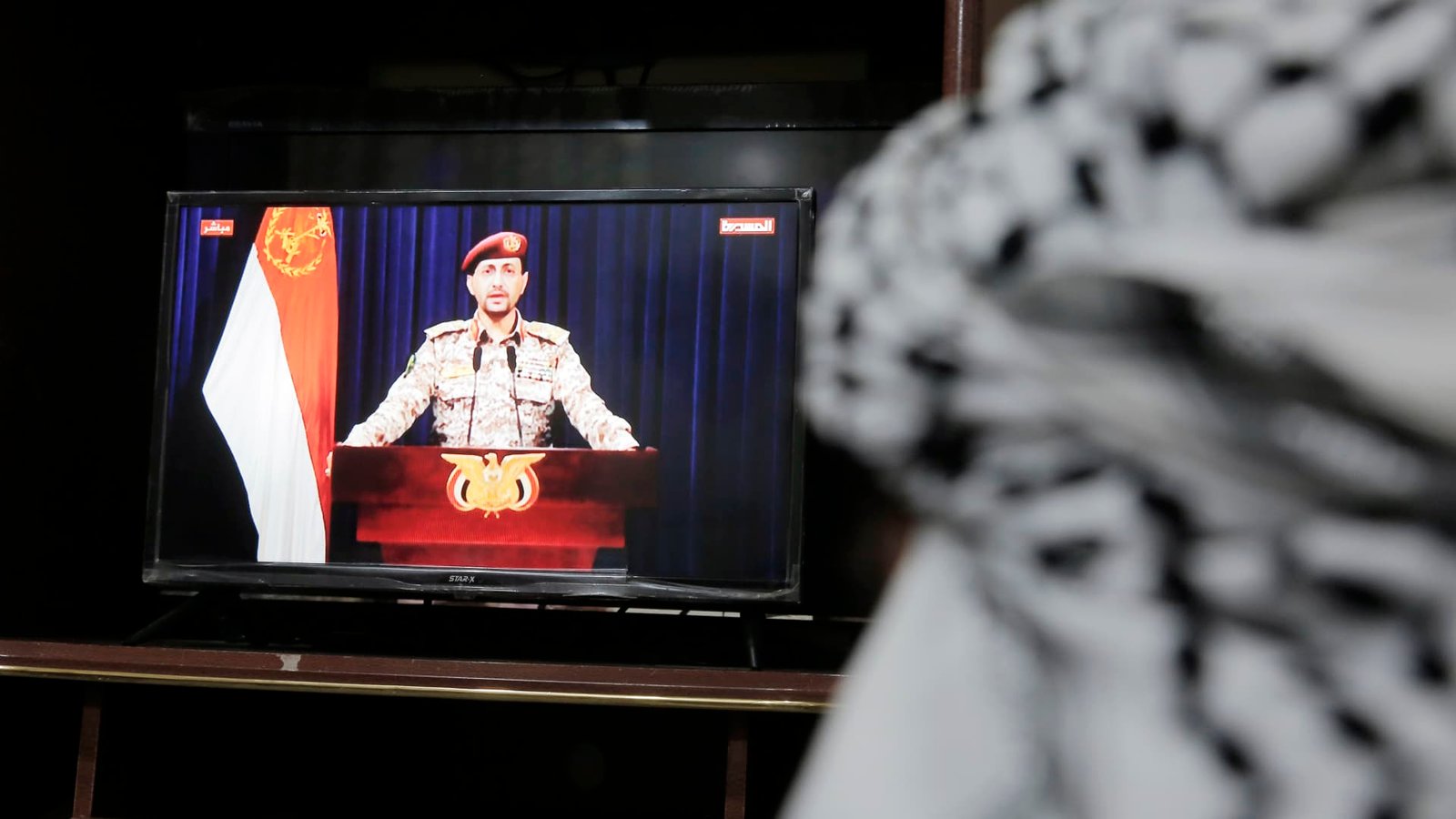The recent escalation of violence in the Red Sea has once again highlighted the ongoing conflict in Yemen and the dangerous implications it has for the region. On March 4, 2024, three individuals tragically lost their lives in a Houthi attack on a civilian merchant ship, the True Confidence, marking the first casualties since the Iran-backed militant group began targeting the vital shipping route at the end of the previous year.
The U.S. Central Command confirmed the attack, stating that Houthi forces had struck the Barbados-flagged, Liberian-owned bulk carrier with an anti-ship ballistic missile in the Gulf of Aden. The strike resulted in three fatalities, with at least four crew members sustaining injuries, three of whom are in critical condition. The crew was forced to abandon the vessel, prompting coalition warships to respond and assess the situation.
Among the casualties were two Filipino seafarers, whose identities have not been disclosed. The Philippines Department of Migrant Workers expressed profound sadness over the deaths and injuries of their compatriots in the attack. It is a tragic reminder of the human cost of the conflict and the devastating impact it has on innocent individuals caught in the crossfire.
The incident unfolded when the True Confidence was intercepted by an entity claiming to be the “Yemeni Navy” and ordered to change course before coming under fire. The UK Maritime Trade Operations reported that the vessel sustained damage during the altercation, located 54 nautical miles southwest of Aden. The Houthis promptly claimed responsibility for the attack, asserting that it was a targeted operation against an American ship that refused to heed their warnings.
According to Houthi Spokesperson Yahya Sare’e, the strike was precise and led to a fire onboard the vessel. He emphasized the importance of the crew vacating the ship after the initial attack, presumably to avoid further harm. The Houthis have been increasingly active in targeting commercial ships passing through the Red Sea, disrupting global maritime traffic and raising concerns about the safety of essential trade routes.
The maritime offensives by the Houthis are part of their broader strategy to show solidarity with Palestinian civilians amid ongoing conflicts in the Middle East. They claim to only target vessels connected to Israel, the U.S., and the U.K., but incidents like the recent attack on the True Confidence demonstrate the indiscriminate nature of their actions. The international community has condemned these acts of aggression, calling for a peaceful resolution to the conflict in Yemen and a cessation of hostilities that threaten regional stability.
In a separate but related incident, four crucial telecommunication cables in the Red Sea were severed earlier in the week, disrupting a quarter of global traffic. While the exact cause of the damage remains unclear, it has further heightened tensions in the region and underscored the vulnerability of essential infrastructure to acts of sabotage and violence.
The sinking of the Belize-flagged Rubymar and the recent attacks on commercial ships underscore the urgency of finding a diplomatic solution to the conflict in Yemen and restoring peace and stability to the region. The international community must work together to address the root causes of the crisis and prevent further loss of life and disruption to vital trade routes.
As the situation continues to evolve, it is essential for all parties involved to prioritize dialogue and negotiation over violence and conflict. The tragic loss of life in the recent Houthi attack serves as a stark reminder of the human toll of war and the urgent need for a peaceful resolution to the crisis in Yemen. Only through cooperation and diplomacy can the region hope to move towards a more stable and secure future for all its inhabitants.

